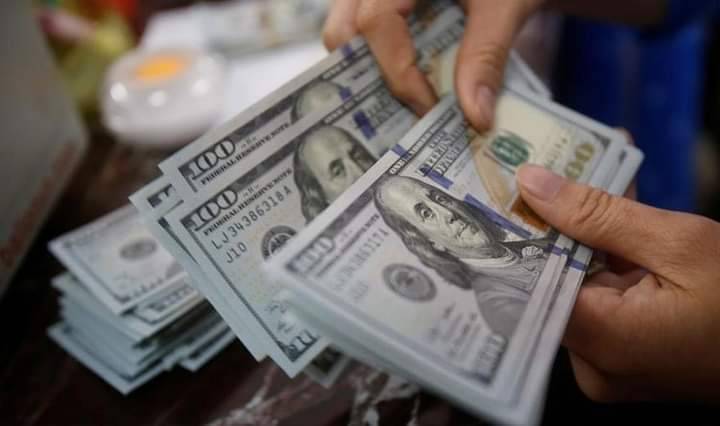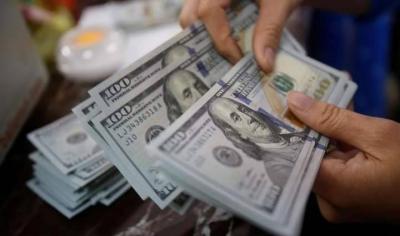After it was expected that the customs dollar would be raised within two weeks, in an attempt to secure revenues for the state to cover the assistance recently approved by the government for public sector employees, in order to encourage them to end their strike that has lasted for more than a month and a half, information indicates that this issue has also become part of the fierce dispute between the presidency and the government, primarily regarding the inability to agree on forming a new government. The customs dollar is still calculated at the exchange rate of 1,507 Lebanese pounds to a dollar, while the dollar on the black market has exceeded 30,000 pounds. While it was rumored that it would be raised initially to 12,000 pounds, with further increases planned in subsequent phases, it appears that there is no final agreement on this matter yet.
Ibrahim Kanaan, the head of the Finance and Budget Committee, stated to "Asharq Al-Awsat": "There is still no agreement on an exchange rate for the customs dollar," suggesting that the president may not sign the decree he received regarding the customs dollar and its exchange rate, citing "several reasons, primarily the significant jump from 15,000 pounds to 25,000 pounds as stated in the decree." Kanaan clarified that "the budget is unrelated to the customs dollar, but rather to the fees and taxes outlined in the government's project, which includes a significant disparity between the calculations for expenses and revenues based on exchange rates ranging from 1,500 for salaries to 20,000 for fees and taxes, which is what we have objected to and are addressing in the Finance Committee."
In response to a question about the materials that the new customs dollar decision is supposed to cover, Kanaan said: "The government needs to specify and publish them, and activate oversight agencies to control prices; because letting prices fluctuate is a crime, and this has started to happen even before adopting a new rate, so how will it be if any increase in the customs dollar is adopted without strict and effective oversight?!"
In fact, most sectors—especially those whose costs are dollar-dependent—did not wait for the announcement of the rate that would be adopted for the customs dollar; rather, they made efforts to estimate and preemptively raised their prices illegally. The caretaker Prime Minister Najib Mikati and the Minister of Finance signed the decree to raise the customs dollar rate and referred it to President Michel Aoun for signing. However, informed sources told "Asharq Al-Awsat" that "the president is taking his time before signing; especially since the State Shura Council considered that the matter requires legislation and cannot take place through an ordinary decree; because it involves imposing new fees and is not within the framework of the customs legislative rights granted to the government," noting that President Aoun "requested additional legal clarification to make a decision on this issue."
Two meetings were held last week; the first at the Ministry of Finance and the second at the Serail to finalize the customs dollar issue. Official sources told "Asharq Al-Awsat" that "the discussions revolved around the amount of funds needed to cover new expenditures, especially those related to the assistance approved for the public sector, to price the customs dollar accordingly. It was suggested to start with a customs dollar of 12,000 pounds, with a review in six months to evaluate and potentially raise it again."
The sources added: "Furthermore, the materials that the customs dollar would not cover were identified, including basic food items, medicines, medical supplies, and cleaning tools," explaining that the price increase citizens will feel will range between 10% and 15%. The Minister of Industry in the caretaker government, George Bouchikian, had previously affirmed that "the customs dollar will be applied to luxury items, not to basic living necessities, and there are about 500 products that will not be subject to customs, with lists already prepared."
Financial and economic expert Walid Abu Sleiman considers that pricing the customs dollar at 12,000 pounds would reinforce "social injustice; especially since depositors who pay taxes withdraw their deposits from banks at the rate of 8,000 pounds," explaining that this action "will increase the monetary mass in pounds, thus leading to an additional rise in the exchange rate; because our economy is strained and the currency is a mirror of the economy." Abu Sleiman adds to "Asharq Al-Awsat": "The multiplicity of exchange rates causes economic distortion, which is why it is necessary to unify the exchange rate and adopt standardized criteria. This is how we take real reform steps."




